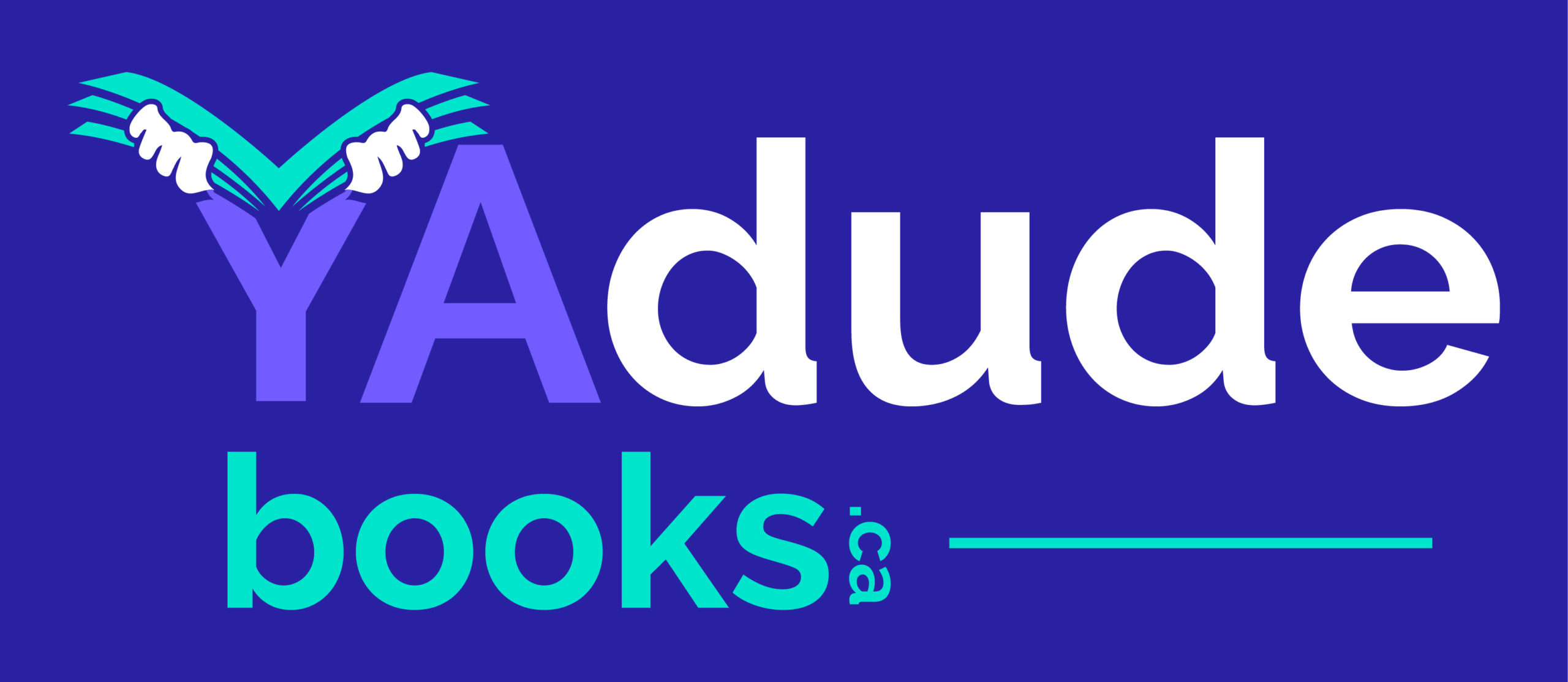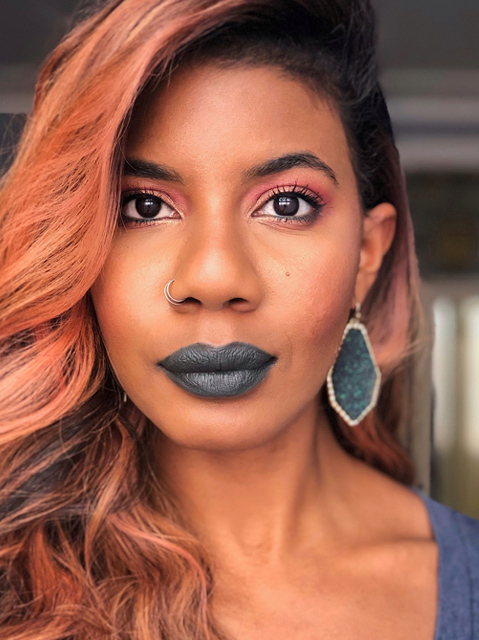Photo by Nigel Livingstone
Nic Stone is the New York Times bestselling author of eight young-adult and middle grade works of fiction.
“Raw, captivating and undeniably real, Nic Stone joins industry giants Jason Reynolds and Walter Dean Myers as she boldly tackles American race relations,” Penguin Randomhouse has said.
Nic was born and raised in a suburb of Atlanta, Georgia. After graduating with a degree in psychology from Spelman College, she worked extensively in teen mentoring and lived in Israel for a few years before returning to the US to write full-time.
Growing up with a wide range of cultures, religions and backgrounds, Nic, who is openly queer, strives to bring these diverse voices and stories to her work. She is the mother of two young sons; her partner is biracial and Jewish.
She is best-known for her novels Dear Martin (about a high school senior in a predominantly white school who starts writing letters to Dr. Martin Luther King Jr. after he has a dangerous encounter with racist police officers) and Clean Getaway. Dear Martin was a finalist for the William C. Morris award. Her novels (Crown Books for Young Readers and Scholastic) have been translated into over a dozen languages. Nic also writes essays, and her short fiction has appeared in multiple anthologies. The year 2023 will see a return to YA and her first nonfiction title.
Q: How has being the mother of two boys influenced you to write so many novels with male leads?
A: Honestly, more so than my own children, my decision to write boys came from growing up with them. I was typically the only girl in my high school friend groups, so I learned a lot about boys—especially Black boys—that most people would overlook or ignore. Now that I have boys, my mission is very clear: I want to humanize Black boys as much as possible.
Q: You’ve said that The Hate U Give (both book and film) “has made it crystal clear that not only do Black kids read… white kids (and adults!) will read books with a Black lead.” You’ve also said that not seeing characters who looked like you made you a reluctant reader for a while, and also delayed your finding the confidence to be a writer. Can you expand on that?
A: In a sadly overused phrase: representation matters. As a Black girl who grew up reading voraciously, I knew the whole Black kids don’t read think was foolishness. But I also know how much of a struggle it was for me never seeing myself in the books I read. It made reading lose its savor for me temporarily. But coming to realize that just because I didn’t see anyone like me doing a thing didn’t mean I couldn’t do it, was revolutionary. And it clicked for me that if I wanted to see myself and kids like me in stories, I would have to put us there.
Q: You’ve described your teen self as the cool kid, gifted honors student, senior class president and cheerleader, but one who secretly felt isolated, unloved and in need of constantly keeping up a front. What advice can you offer teens today who struggle in that way?
A: Really, all I will say here is: 1. It truly does get better, and 2. Many of the things you’re facing are preparing you to move with confidence without having to “fit” anywhere. Looking back, what I realize is that my “front” may have hidden my true emotions, but it also made me pretty good at stealth and subterfuge… two things that have been instrumental to my success as a writer. That being said: no experience is a waste. Take it all in stride and keep pushing.
Q: If hooking up with “the right book” is the key to making a child a reader, what advice do you have for kids, educators and parents on achieving that?
A: My philosophy when it comes to “choice” reading: If a book hasn’t hooked me by page three, I won’t read it. I think we’re conditioned to feel like we have to slog through books that aren’t enjoyable because that’s precisely what we have to do in school. But reading can be a lot of fun if the reader gives themselves the space to be choosy. Outside of assigned reading or research for school, I don’t think anyone should read anything they’re not really into. So many books, so little time. Don’t waste it on stories that do nothing for you.
Q: Talk about the “reluctant reader” label, and its connection with gender and race.
A: Oh man, do I hate this label. It is frequently applied to kids of color, and especially to Black and Latinx boys. But… it’s such a dumb phrase! I prefer the term “high taste readers” because the issue isn’t with perceived resistance to reading… it’s with the failure of authority figures to put books into their hands that suit their tastes. These kids aren’t reluctant to read… they just don’t want to read boring stuff. And I mean… who does??
Q: Can you comment on #OwnVoices and the right and wrong way to go about introducing diverse characters in middle grade and YA fiction?
A: First, we need to dispense with the terms “right” and “wrong.” There truly are no absolutes here. My philosophy here is also pretty simple: People should be given the space to tell their own stories before someone who hasn’t lived their experiences is able to profit off of experiences they haven’t lived. At the end of the day, anyone can write precisely whatever they want. We all just need to be ready to explain our choices and/or face the ire of people who don’t like the decisions we made. If you can’t take the heat, don’t go in certain kitchens!

